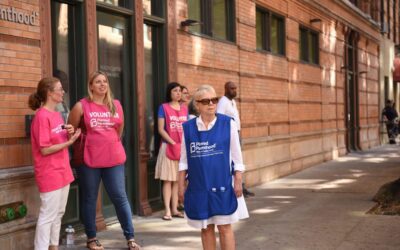
In this op-ed, Pennsylvania resident and college student Julie Wright recounts her struggle with irregular periods and eventual diagnosis of Primary Ovarian Insufficiency (POI), emphasizing the critical role contraceptives play in managing her condition. She argues for the necessity of accessible contraceptive options, challenging the stigma and underscoring their importance for overall health.
I never had normal periods. Ever since I got my first period on an extended-family beach trip, which was appropriately embarrassing, I got periods once in a blue moon instead of once a month. I first started taking oral contraceptives when I was 15, in hopes that it would help me get periods. I never would have guessed that I would need to take this medication every day to protect something much bigger than that time of the month: my entire health.
As we continue to bear witness to attacks on women’s health and autonomy, it becomes increasingly critical that we fully respect contraceptives as a necessary medical product. The conversation around reproductive freedom has become clouded with fallacies regarding a lack of responsibility–and that is because of a lack of understanding contraceptives as a necessity.
I have a condition that is called Primary Ovarian Insufficiency, or POI. POI is defined as when ovaries spontaneously stop functioning normally, and is estimated to affect about 0.1% of women under 30. Most cases of POI are idiopathic, meaning that the cause is unknown, further signaling the need for research towards women’s health. Because of this condition, it is absolutely crucial that POI patients like me take contraceptives to receive the hormones our bodies are not adequately producing on their own.
Hormones like estrogen are necessary to protect bone health and heart health, which contraceptives help protect. POI patients use a variety of different contraceptives like pills, patches, and IUDs for their specific needs. There is no one-size-fits-all treatment and that’s why all of these contraceptives must be readily available and accessible.
My story of getting diagnosed with POI is frankly dizzying. While I never had regular periods, I did not get diagnosed after 5 years of displaying symptoms–it wasn’t until I turned 18 that I decided to seek out more answers myself and eventually get an answer to why my periods were so infrequent. The first time I got lab work done, I was never contacted with a follow-up, even though my results were beyond alarming. When I followed up with a different doctor two months later over spring break, I was told that the doctors “could not tell me I was okay” no matter how many times I asked for an explanation.
After this, my world became blurry and unforgiving. I was planning on enjoying my spring break, but instead I felt filled with fear. I knew something was not right, but I felt so disrespected in the process of finding out what that was. To make matters worse, I lost my childhood pet that same day.
Just a few days later, I had to return back to campus and try to be a normal college student. The last 7 weeks of my freshman year were confusing. The weather was getting warmer, my friendships were growing, and I was so proud of myself for all of my hard work, but I felt betrayed by my body and isolated by the fact that I didn’t know anyone else with a story like mine. During that time, I ended up figuring out I had POI on my own through frantic Google searches, but I did get an official diagnosis when the semester ended and after several more blood tests.
I am so fortunate now to be able to see specialists that are able to provide me proper treatment, and to have friends and family that support me on my difficult days. My diagnosis story is a part of my identity; it reminds me of the friends that supported me through getting my diagnosis and the memories we made in what was a very stressful time for me.
Right now though, I feel that everyone needs to hear these stories and squash the narrative that contraceptives are frivolous, raunchy, and dramatic. At the end of the day, it shouldn’t matter why the person in front of you at the pharmacy is picking up contraceptives–whether they need it to supplement their hormones, for heavy bleeding, for family planning, or something else. The truth is, you don’t know what someone’s situation is unless they tell you, and it doesn’t affect your life.
I do have renewed hope for protecting contraceptive access in my home state, Pennsylvania, because of a bill that seeks to codify contraceptive access. Bills like this would help ensure that everyone has access to contraceptives in PA, and it would prevent people like me from having to fight tirelessly to prove that contraceptives are an essential medication. Furthermore, I believe that bills like this, and my story itself, can combat the stigma surrounding contraceptives.
I am on my journey to protect my health and go back to normal 19 year-old things like enjoying my college experience, streaming my favorite albums, and perfecting my skincare routine. All I ask is that we don’t make that any more difficult, and that you respect my right to take care of my health the best that I can.
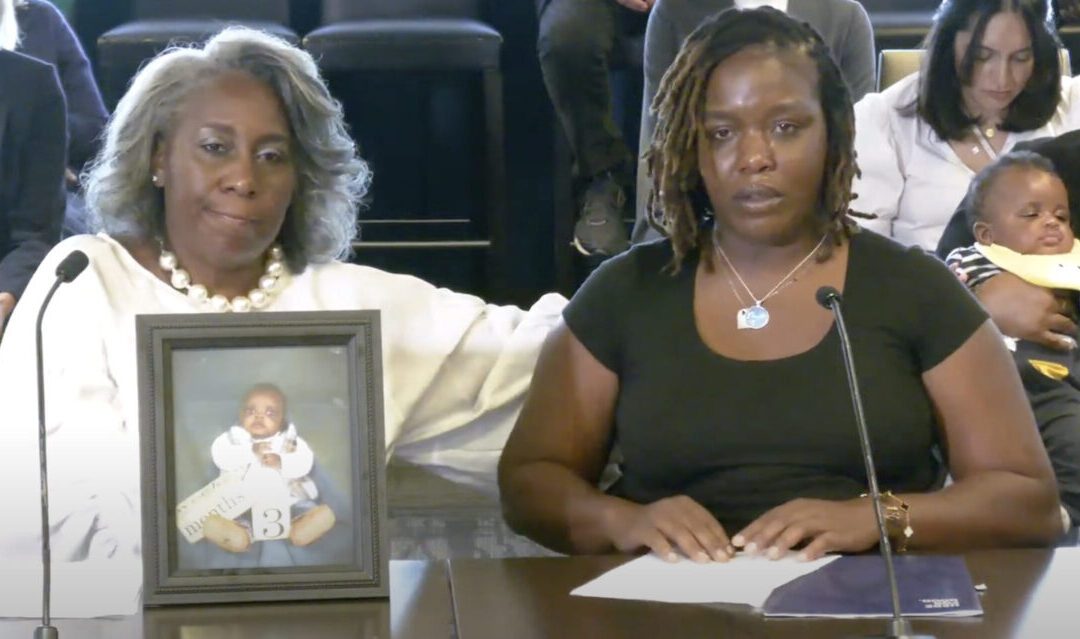
Pennsylvania’s maternal and infant mortality crisis through one mother’s loss
Pennsylvania’s growing maternal and infant mortality crisis is blamed in part on maternity care deserts and stigmas around care. This is one woman’s...
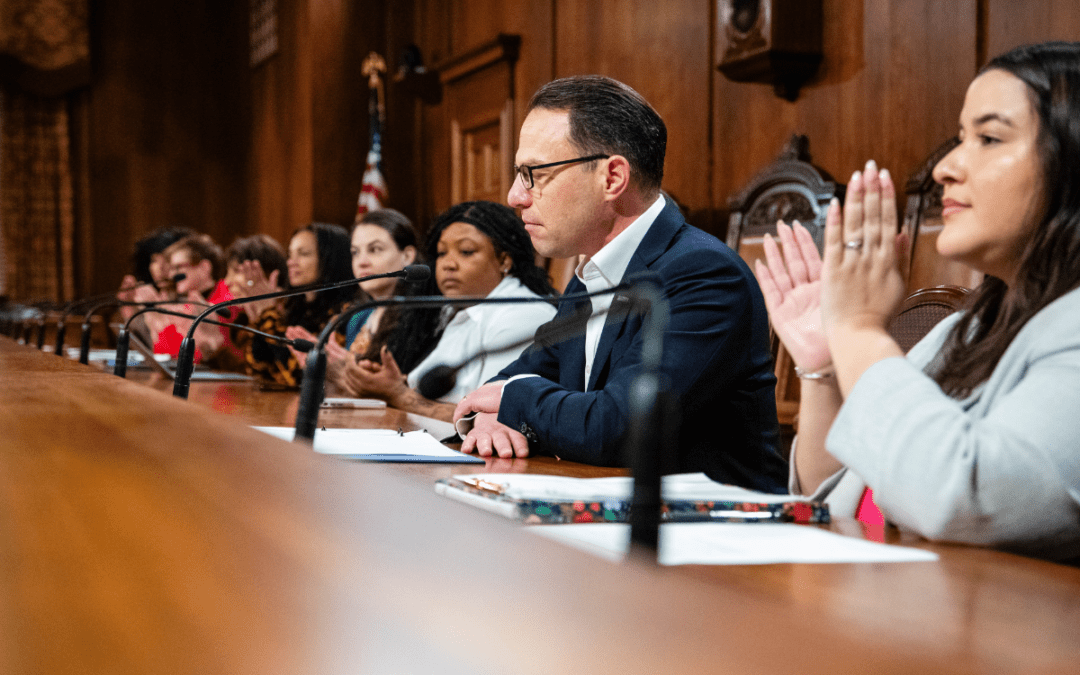
Gov. Shapiro joins lawsuit against against Trump administration over defunding of Planned Parenthood
The suit centers on a provision of the recently-passed mega bill , which enacts many of President Donald Trump’s domestic policy priorities. Gov....

The scary reality of losing Medicaid and health care options for one Pennsylvania woman
In the wake of Trump’s ‘One Big Beautiful Bill,’ thousands of Pennsylvanians are waking up to a new reality: the loss of Medicaid coverage, and the...
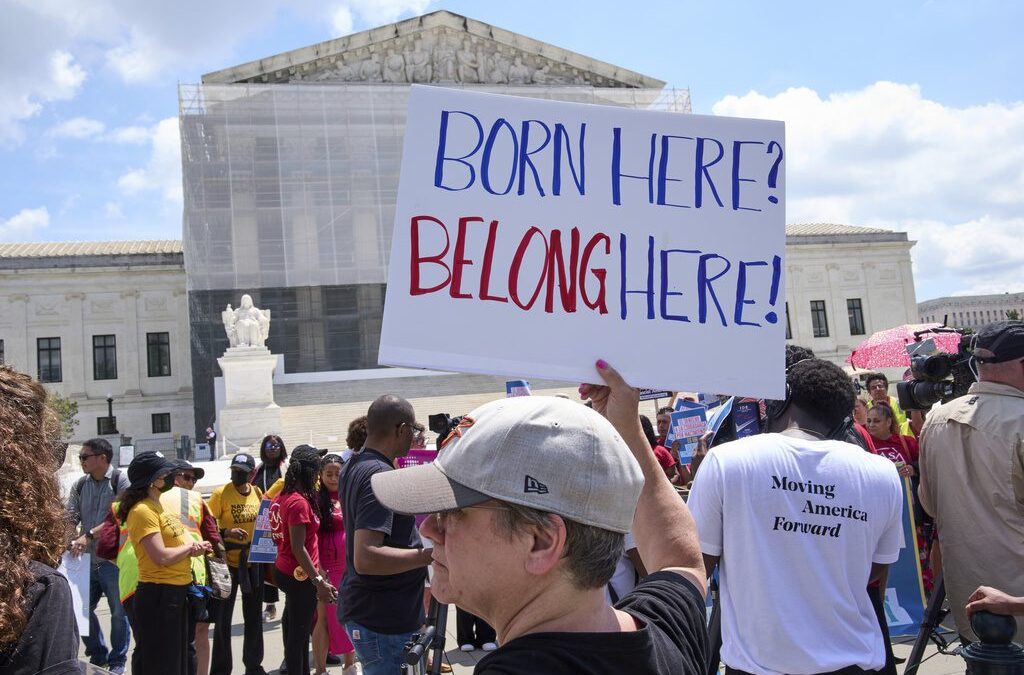
Supreme Court limits nationwide injunctions, but fate of Trump birthright citizenship order unclear
WASHINGTON (AP) — A divided Supreme Court on Friday ruled that individual judges lack the authority to grant nationwide injunctions, but the...
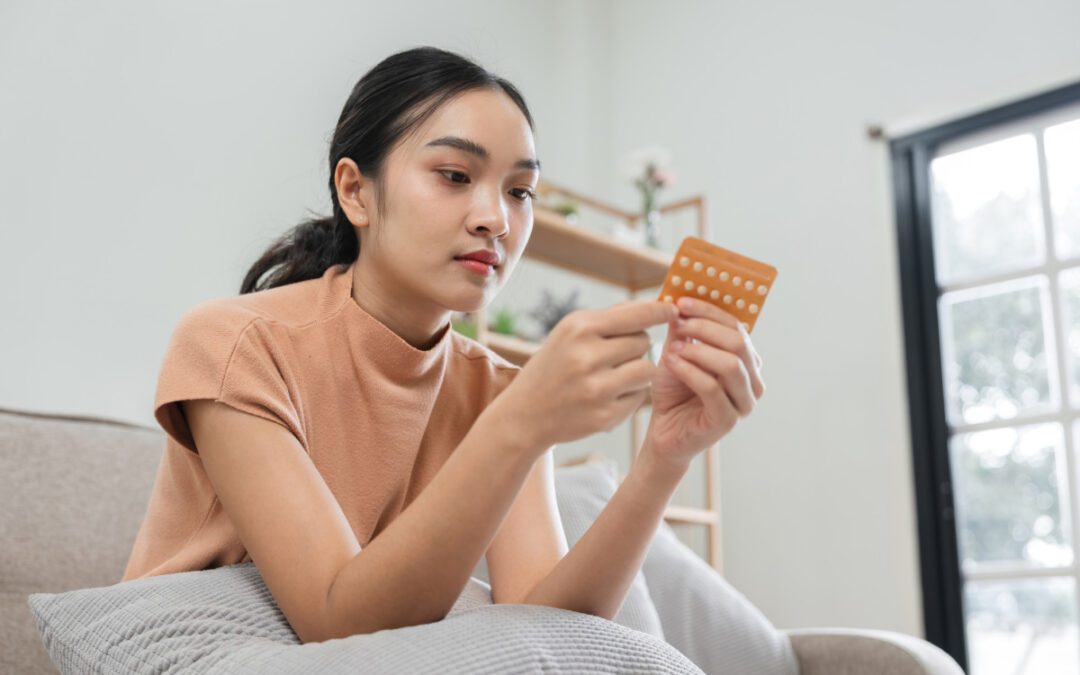
Contraception is health care: Pennsylvania House passes bill to expand birth control access
With employer-provided insurance no longer required to cover birth control, many in Pennsylvania are struggling to pay for necessary medical care....





